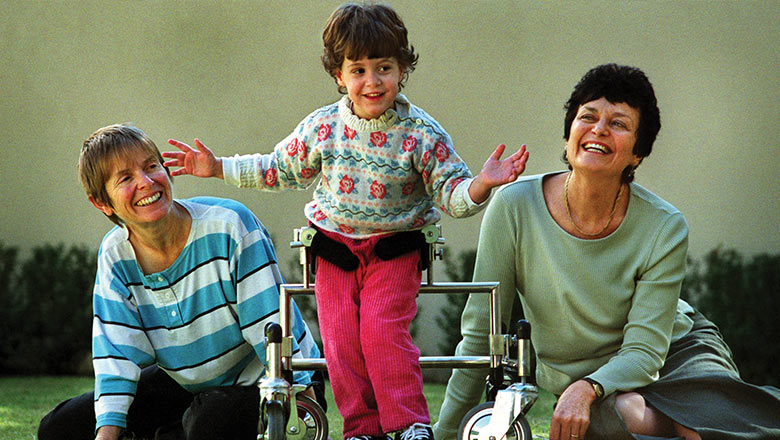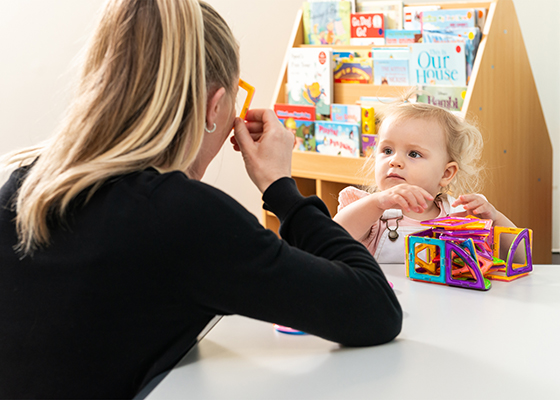Search
Showing results for "Au"
Research
Pneumococcal carriage, serotype distribution, and antimicrobial susceptibility in Papua New Guinean children vaccinated with PCV10 or PCV13 in a head-to-head trialChildren in Papua New Guinea (PNG) are at high risk of pneumococcal infections. We investigated pneumococcal carriage rates, serotype distribution, and antimicrobial susceptibility in PNG children after vaccination with 10-valent or 13-valent pneumococcal conjugate vaccines (PCV10; PCV13).
Research
Otitis media at 6-monthly assessments of Australian First Nations children between ages 12–36 months: Findings from two randomised controlled trials of combined pneumococcal conjugate vaccinesIn remote communities of northern Australia, First Nations children with hearing loss are disproportionately at risk of poor school readiness and performance compared to their peers with no hearing loss. The aim of this trial is to prevent early childhood persisting otitis media (OM), associated hearing loss and developmental delay.
Research
Viridans Group Streptococci in Pediatric Leukemia and Stem Cell Transplant: Review of a Risk-stratified Guideline for Empiric Vancomycin in Febrile NeutropeniaViridans group streptococci (VGS) are an important cause of sepsis in immunosuppressed children. We reviewed the effectiveness of risk-stratified addition of vancomycin to empiric febrile neutropenia therapy among 107 children with leukemia or undergoing an allogeneic transplant.
Research
Trends in alcohol-related injury admissions in adolescents in Western Australia and England: Population-based cohort studyMore needs to be done to address alcohol-related harm, and on-going monitoring is required to assess the effectiveness of strategies.
Research
Global, regional, and national levels of neonatal, infant, and under-5 mortality during 1990-2013We generated updated estimates of child mortality in various age groups for 188 countries from 1970 to 2013.

News & Events
Changing the focus of cerebral palsyCerebral palsy is not only the result of birth trauma and the lack of oxygen supply during delivery.
Research
“It helps and it doesn’t help”: maternal perspectives on how the use of smartphones and tablet computers influences parent-infant attachmentAs families increase their use of mobile touch screen devices (smartphones and tablet computers), there is potential for this use to influence parent-child interactions required to form a secure attachment during infancy, and thus future child developmental outcomes. Thirty families of infants (aged 9-15 months) were interviewed to explore how parents and infants use these devices, and how device use influenced parents' thoughts, feelings and behaviours towards their infant and other family interactions.
Research
Does adjunctive clindamycin have a role in Staphylococcus aureus bacteremia? A protocol for the adjunctive treatment domain of the S. aureus Network Adaptive Platform (SNAP) randomized controlled trialThe use of adjunctive antibiotics directed against exotoxin production in Staphylococcus aureus bacteremia (SAB) is widespread, and is recommended in many guidelines, but there is limited evidence underpinning this.

News & Events
Who are our exercise researchers and what do they do?A new ongoing Q & A series focusing on different research themes within the Children’s Diabetes Centre - focus: exercise team.

News & Events
Five tips to help autistic kids communicateSpeech Pathologist and Research Development Manager Sarah Pillar shares her strategies for supporting autistic children to communicate.
